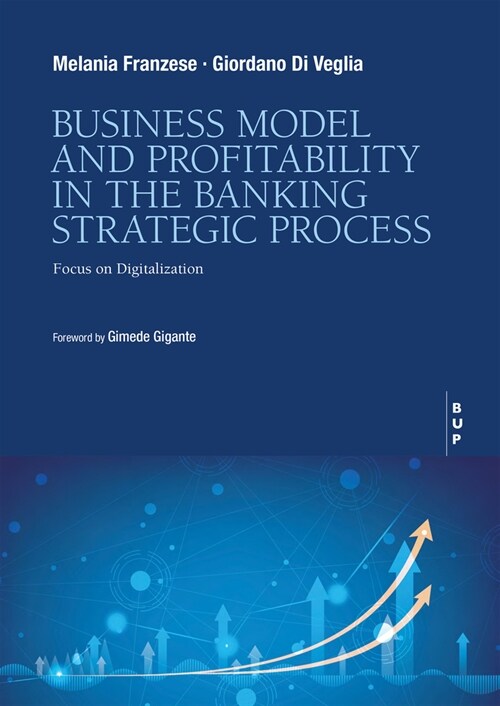Analytical Corporate Finance
Angelo CorelliRelease date:augustus 2018
Language:English
ISBN:9783319819129
Price:€ 129
The Financial Conduct Authority (FCA) has banned David James Carter Mullins, Edward John Booth, Christopher Paul Brotherton and Mark Robert Kennedy, the former directors and shareholders of Secure My Money Limited (now dissolved). The firm took fees of over £7.2 million from approximately 124,000 online customers by duping them into believing they had been approved for short term loans.
Continue reading…
In his forthcoming book, former FBI director James Comey shares his never-before-told experiences from some of the highest-stakes situations of his career in the past …
The European Banking Authority (EBA) published a report presenting the outcome of its assessment to the European Commission’s call for advice on the European Secured Notes (ESNs). In addition, it puts forward recommendations on key aspects for the European Commission to consider when possibly designing the legislative framework forSME ESNs.
Continue reading…
The European Securities and Markets Authority (ESMA) has fined Danske Bank, Nordea Bank, SEB, Svenska Handelsbanken and Swedbank €495,000 each and issued five public notices for negligently breaching the Credit Rating Agencies Regulation (CRAR). ESMA found that the five banks infringed the CRAR by issuing credit ratings without being authorised by ESMA to do so.
Continue reading…
The Financial Conduct Authority (FCA) has published its Annual Report and Accounts, which looks back on the key pieces of work undertaken by the organisation throughout 2017/18. FCA’s Chair Charles Forward: “Financial services affect the lives of everyone. And, as this Annual Report shows, keeping pace with the depth and breadth of developments in financial services can be a challenging balancing act. We must act swiftly and decisively to tackle harm to consumers, particularly the most vulnerable. In the process, we have to make some difficult choices, learn from what works and what doesn’t – and be open about both.”
Continue reading…
The Basel Committee on Banking Supervision released the Global systemically important banks: revised assessment methodology and the higher loss absorbency requirement. When the Basel Committee first published the global systemically important bank (G-SIB) framework in 2011, it agreed to review the framework every three years to allow for the opportunity to enhance the framework, as needed.
The Financial Conduct Authority (FCA) has outlined the measures it will take to protect consumers and sets out when and how the organisation takes action. The Approach to Consumers document sits alongside a new discussion paper on a Duty of Care and taken together are intended to ensure there are no gaps in protection for consumers in the financial sector.
Continue reading…
The European Banking Authority (EBA) published the final peer review Report on the Regulatory Technical Standards (RTS) on the information to be notified when exercising the right of establishment and the freedom to provide services for credit institutions. The Report, which summarises the main findings of the peer review exercise, showed that competent authorities have developed consistent and robust procedures to comply with the RTS requirements although the level of sophistication of these processes varies across Member States. The EBA has, therefore, identified some best practices, which might be beneficial to address some of the identified weaknesses.
Continue reading…
Speech by Mr Fernando Restoy*, Chairman, Financial Stability Institute, Bank for International Settlements, about building a resilient UK financial sector – next steps for prudential regulation, structural reform and mitigating risks: ‘I think that there is a general sense that the post-crisis regulatory reforms have already made substantial progress in meeting their objectives. While it would be a mistake to claim “mission accomplished”, the time has certainly come to shift the emphasis from standard setting to ensuring an effective implementation of the agreed reforms.’
Continue reading…
The Summer School in Amsterdam is a unique training organised by Risk & Compliance Platform Europe on Compliance Management and Regaining Trust. Benefits Risk & Compliance…

The EIB, the European Union’s bank, is seeking to recruit for its Group Risk & Compliance Directorate – Regulation and EIB Group Risk Department –…

Language:English
ISBN:9791280623188
Price:€ 34.95 (Paperback)
The book introduces the key elements contributing to entrepreneurial vitality and sustainability in the medium and long term with a specific focus on digital transformation….
This book draws readers’ attention to the financial aspects of daily life at a corporation by combining a robust mathematical setting and the explanation and …
Continue reading…